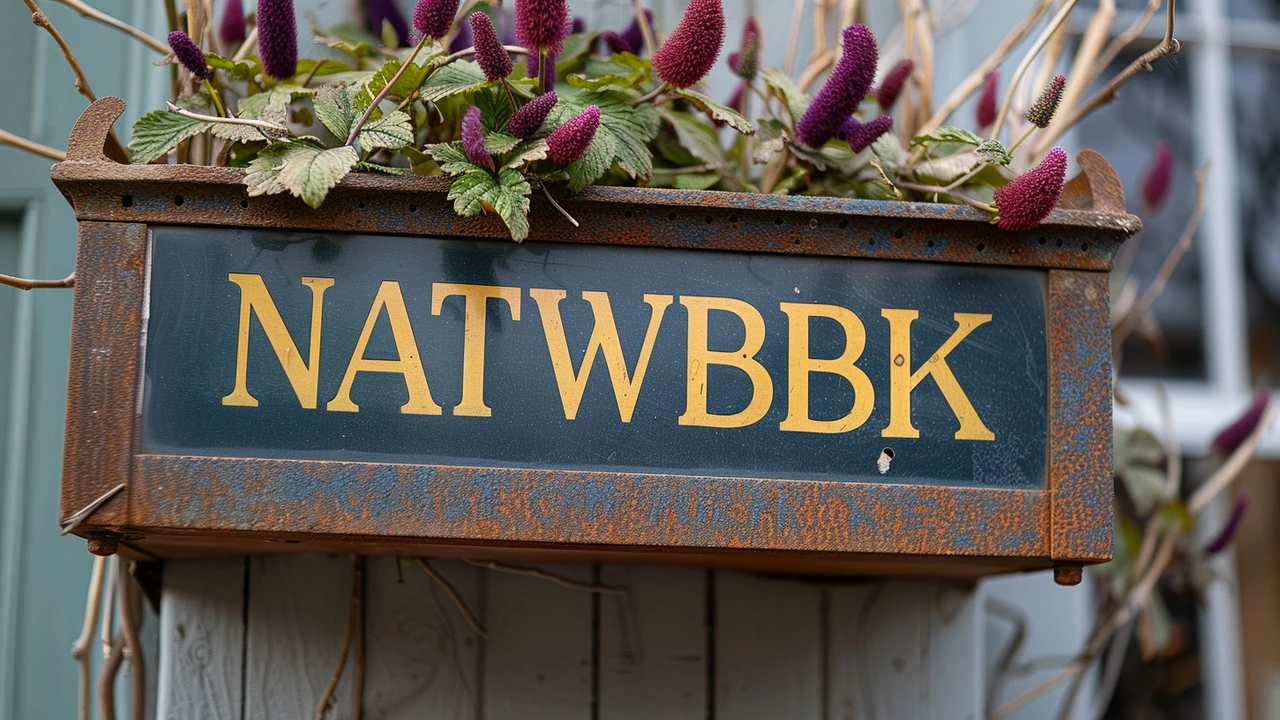Online Banking Basics: What You Need to Know
Ever wonder why so many people are moving their money to the internet? It’s not magic – it’s just a faster, cheaper way to handle everyday finances. With a few clicks, you can check balances, pay bills, and send money without stepping into a branch. Below are the core things you should understand before you go fully digital.
Getting Started: Setting Up Your Account
First, pick a bank that offers a solid online platform. Look for a clean website or app, good customer reviews, and clear fees. Once you decide, sign up by providing basic ID, your address, and a contact number. Most banks will ask you to verify your identity with a photo of your ID and a selfie – a quick step that stops fraudsters.
After verification, you’ll receive a username and a strong password. Create a password that mixes letters, numbers, and symbols; avoid birthdays or easy words. Many banks also let you set up two‑factor authentication (2FA) – a code sent to your phone each time you log in. It adds a simple but powerful layer of security.
Everyday Tools: Payments, Transfers, and Savings
With your account live, you can start using the core features. Paying a bill is as easy as selecting the biller, typing the amount, and hitting “send.” Some banks even let you schedule recurring payments so you never miss a due date.
Sending money to friends or family works the same way. Enter the recipient’s email or phone number, and the money lands in their account instantly if they’re with the same bank, or within a day or two otherwise. No need for cash or checks.
Most online banks also offer built-in savings pots or round‑up features. When you make a purchase, the bank rounds the amount up to the nearest dollar and deposits the change into a separate savings bucket. Over time, those small amounts add up without you even noticing.
Security stays front‑and‑center. Always log out after a session, especially on public computers. Keep your app updated, and never share your password. If you spot a strange transaction, report it immediately – most banks have a 24/7 chat or phone line for fraud alerts.
In short, online banking removes the hassle of standing in lines and gives you control from your phone or laptop. By choosing a reputable provider, using strong passwords, and taking advantage of the tools built into the platform, you can manage money quickly, safely, and with confidence.

NatWest Addresses Online Banking Disruptions Affecting Thousands of Users
- May, 29 2024
- Jenson Lockhart
- 0 Comments
NatWest faced a significant online banking disruption on May 28 affecting users across major UK cities. Customers were unable to access accounts, make payments, or check balances. The bank quickly responded and later resolved the issue, apologizing for the inconvenience caused.